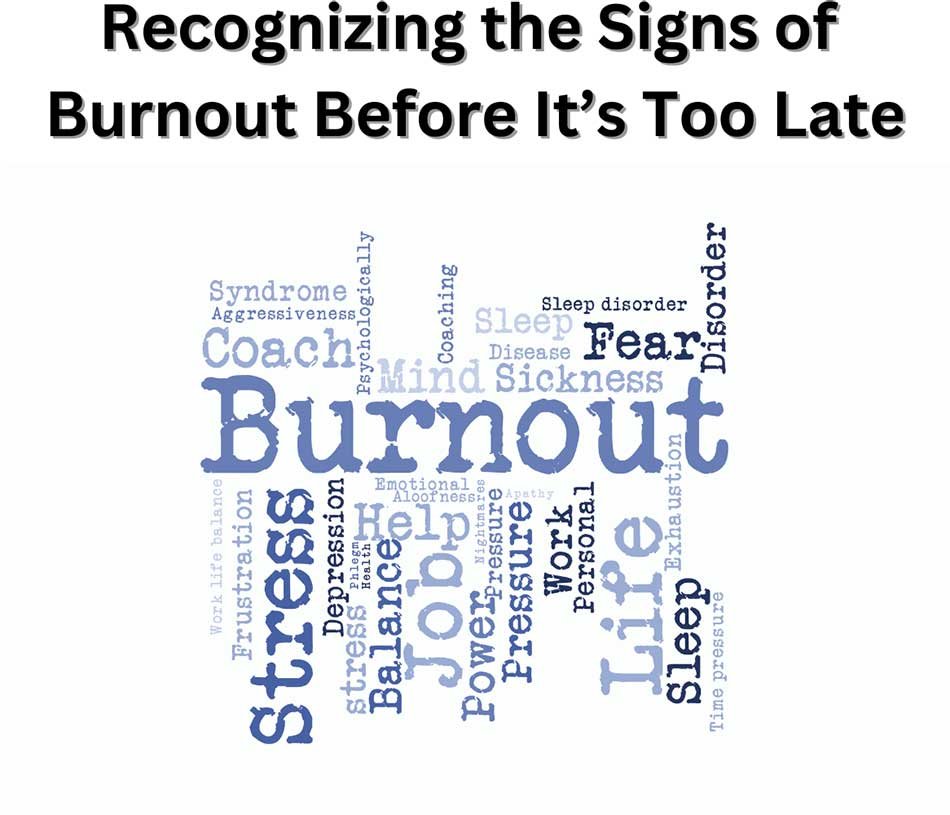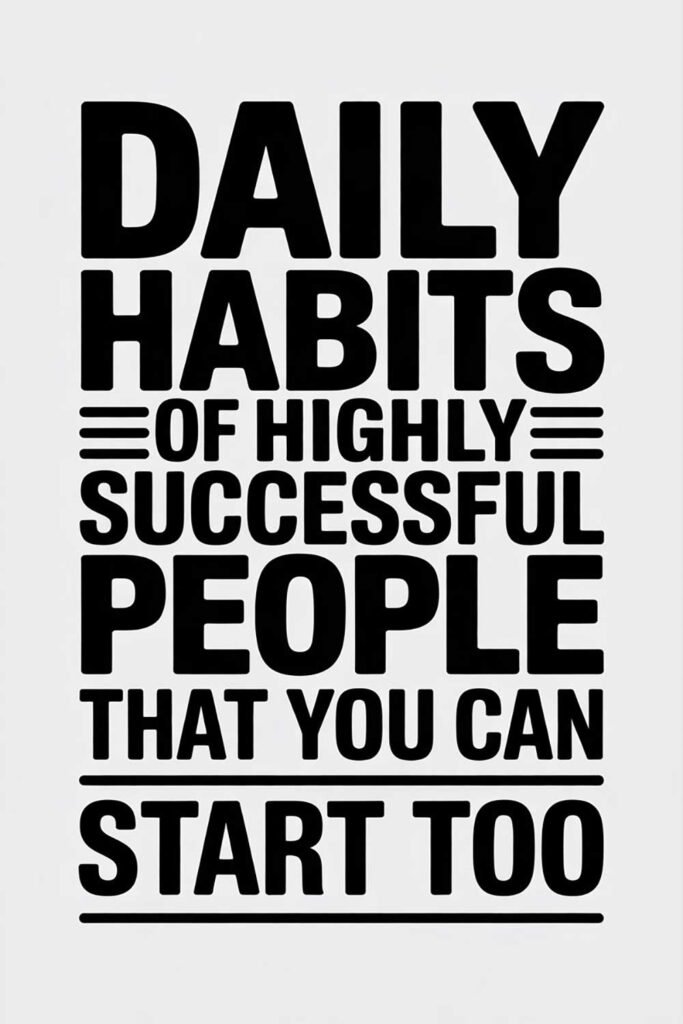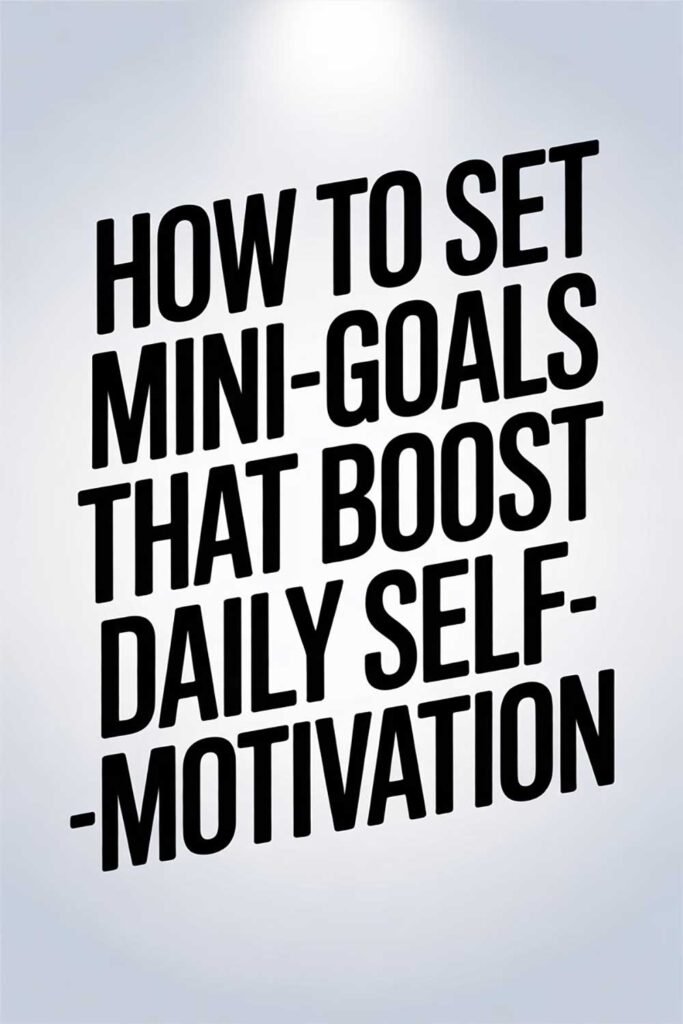
If you know someone who could benefit from this article, please share it with them. Recognizing the early signs of burnout can help prevent it from escalating and protect overall well-being.
Recognizing the Signs of Burnout Before It’s Too Late
What Is Burnout?
Burnout is a state of physical, emotional, and mental exhaustion caused by prolonged and excessive stress. It often results from overworking, neglecting self-care, or maintaining an unsustainable pace in personal or professional life. Recognizing burnout early is crucial to prevent its long-term consequences.

Why It’s Important to Catch Burnout Early
- Prevents Chronic Stress: Addressing burnout early reduces the risk of long-term health issues like heart disease or depression.
- Preserves Relationships: Early intervention helps you maintain healthy interactions with loved ones and colleagues.
- Restores Productivity: Catching burnout before it worsens allows you to recharge and return to your goals with focus and energy.
Early Signs of Burnout to Watch For
1. Physical Symptoms
Your body often signals stress before your mind fully acknowledges it.
- Examples:
- Constant fatigue or lack of energy.
- Frequent headaches or muscle tension.
- Difficulty sleeping or changes in appetite.
- Recurring illnesses due to weakened immunity.
2. Emotional Changes
Burnout can affect how you feel about yourself and your circumstances.
- Examples:
- Feeling overwhelmed or hopeless.
- Increased irritability or frustration.
- Difficulty finding joy in activities you once enjoyed.
- Emotional detachment or apathy toward work or personal life.
3. Cognitive Symptoms
Burnout can impair your ability to think clearly and make decisions.
- Examples:
- Difficulty concentrating or frequent forgetfulness.
- Negative self-talk or feelings of inadequacy.
- Indecisiveness or procrastination.
4. Behavioral Signs
Changes in habits or routines can indicate early stages of burnout.
- Examples:
- Avoiding responsibilities or withdrawing from social activities.
- Increased reliance on caffeine, alcohol, or other substances.
- Skipping work, meetings, or neglecting self-care routines.
5. Work-Related Indicators
Burnout often manifests in professional settings, where stress levels can be highest.
- Examples:
- Reduced productivity or a sense of inefficiency.
- Loss of motivation or enthusiasm for work.
- Frequent conflicts with colleagues or feeling undervalued.
Steps to Address Burnout Early
1. Acknowledge the Problem
Recognizing burnout is the first step toward addressing it. Reflect on how your current habits or responsibilities may be contributing to stress.
2. Prioritize Self-Care
Invest time in activities that nurture your physical, emotional, and mental health.
- Suggestions:
- Maintain a balanced diet and regular exercise routine.
- Practice mindfulness or relaxation techniques like meditation.
- Get 7-9 hours of quality sleep each night.
3. Set Boundaries
Protect your time and energy by learning to say no and setting limits.
- Examples:
- Limit after-hours work communications.
- Schedule downtime to recharge regularly.
4. Seek Support
Talking to someone can provide relief and perspective.
- Options:
- Share your feelings with trusted friends or family members.
- Seek guidance from a counselor or mental health professional.
- Join support groups or communities for shared experiences.
5. Reevaluate Your Priorities
Assess whether your current commitments align with your values and long-term goals.
- Action Steps:
- Focus on tasks that bring value and fulfillment.
- Delegate or eliminate unnecessary responsibilities.
6. Make Time for Joy
Reintroduce hobbies and activities that bring you happiness and relaxation.
- Examples:
- Spend time outdoors, like hiking or gardening.
- Pursue creative outlets such as painting or music.
- Reconnect with loved ones or plan fun outings.
When to Seek Professional Help
If burnout symptoms persist despite self-care efforts, consider consulting a mental health professional. Therapy or counseling can provide tailored strategies to manage stress and restore balance.
Picture This
Imagine recognizing the signs of burnout early and taking proactive steps to address it. You feel more balanced, energized, and focused, allowing you to thrive in both personal and professional life. What small change can you make today to prevent burnout and prioritize your well-being?






